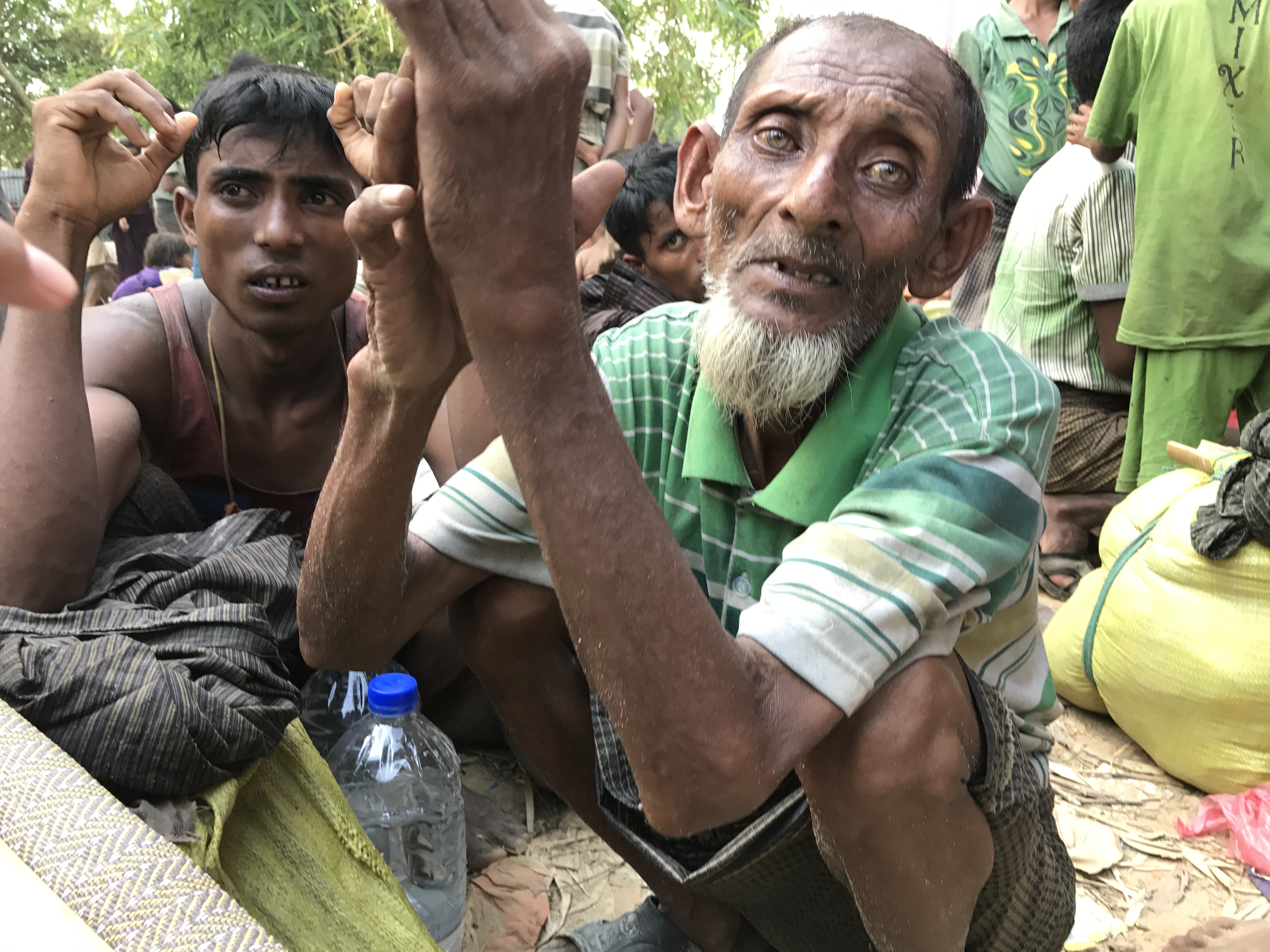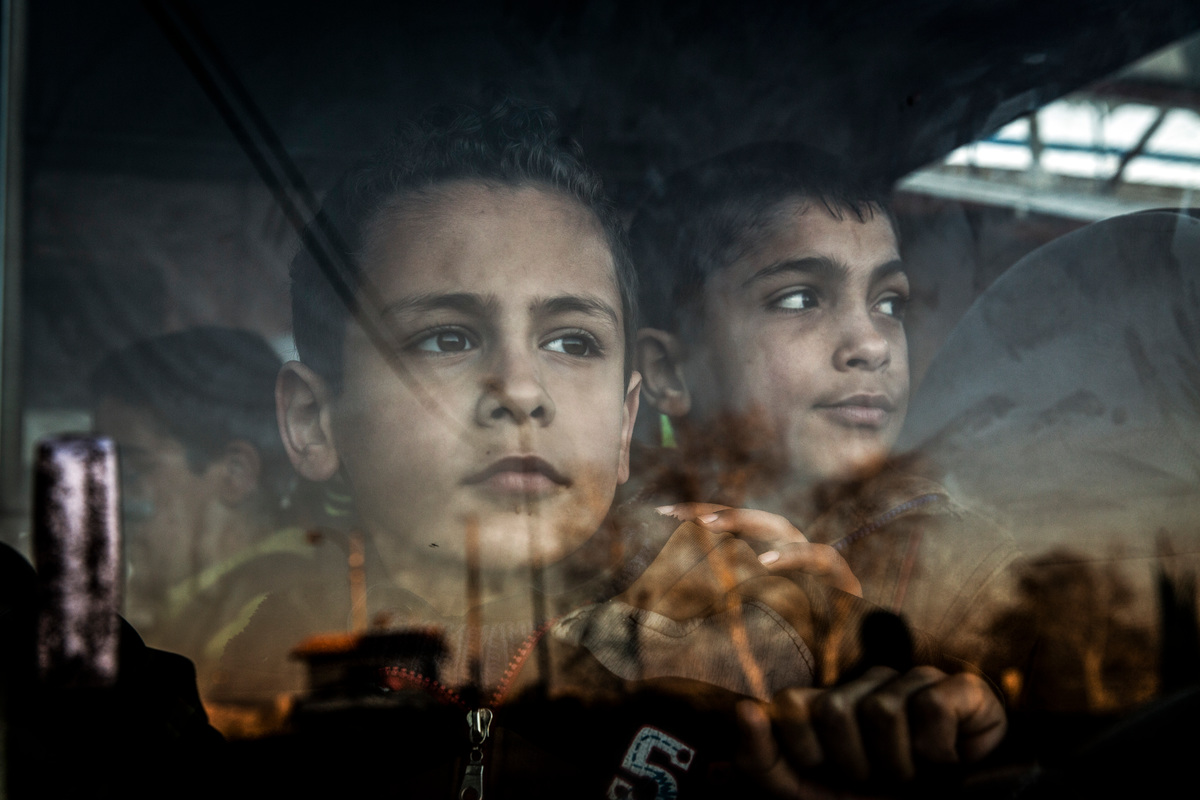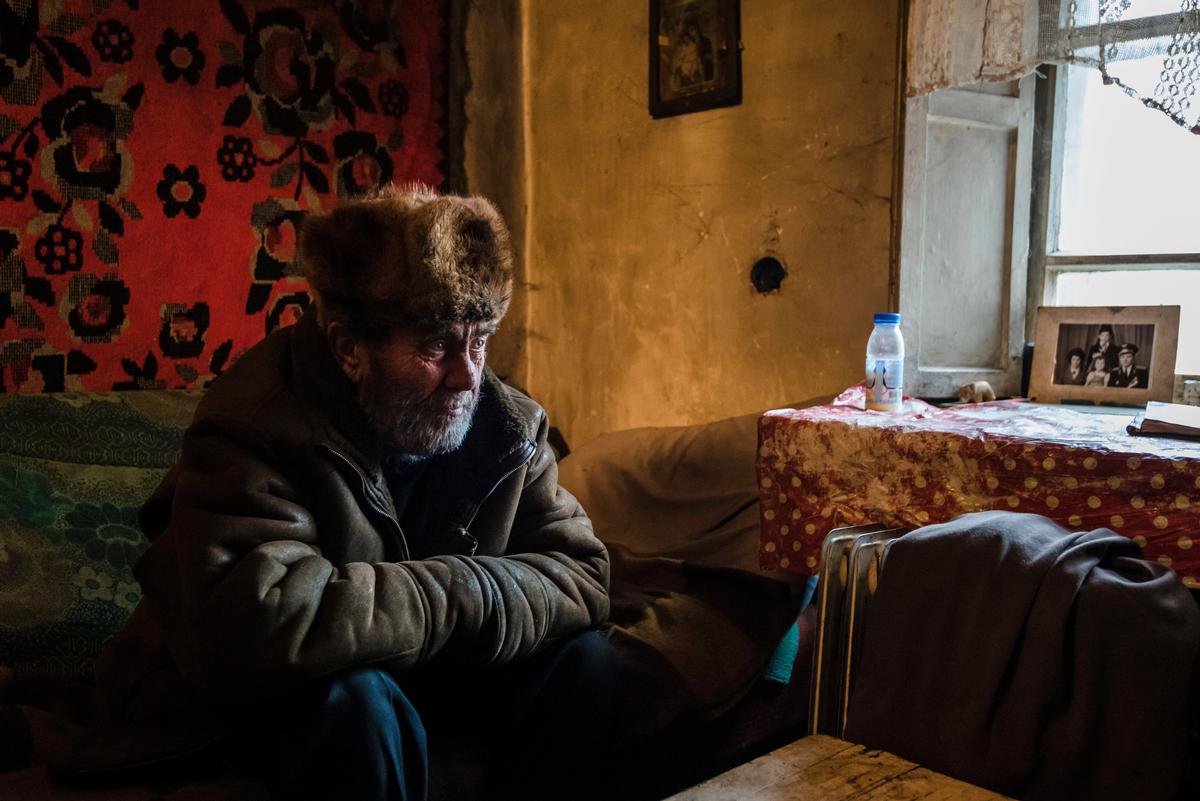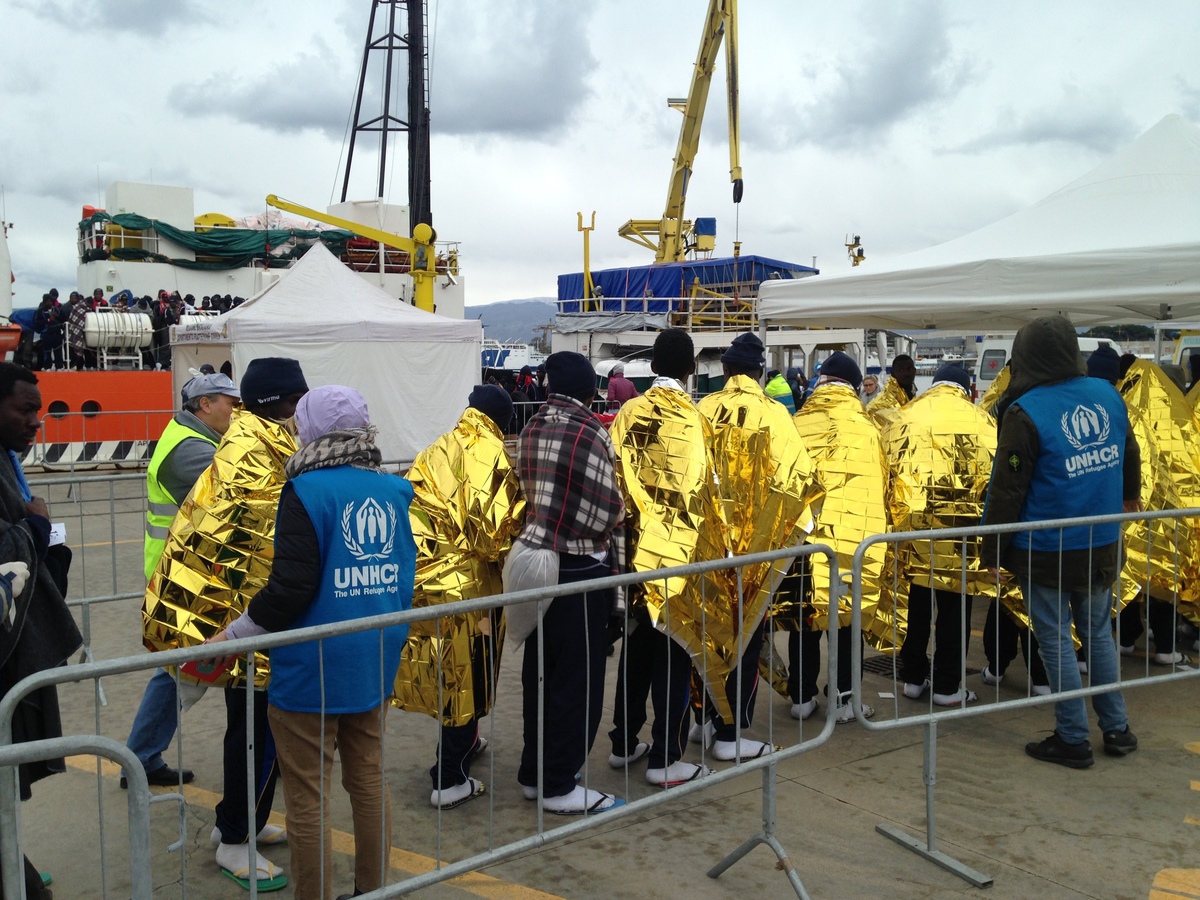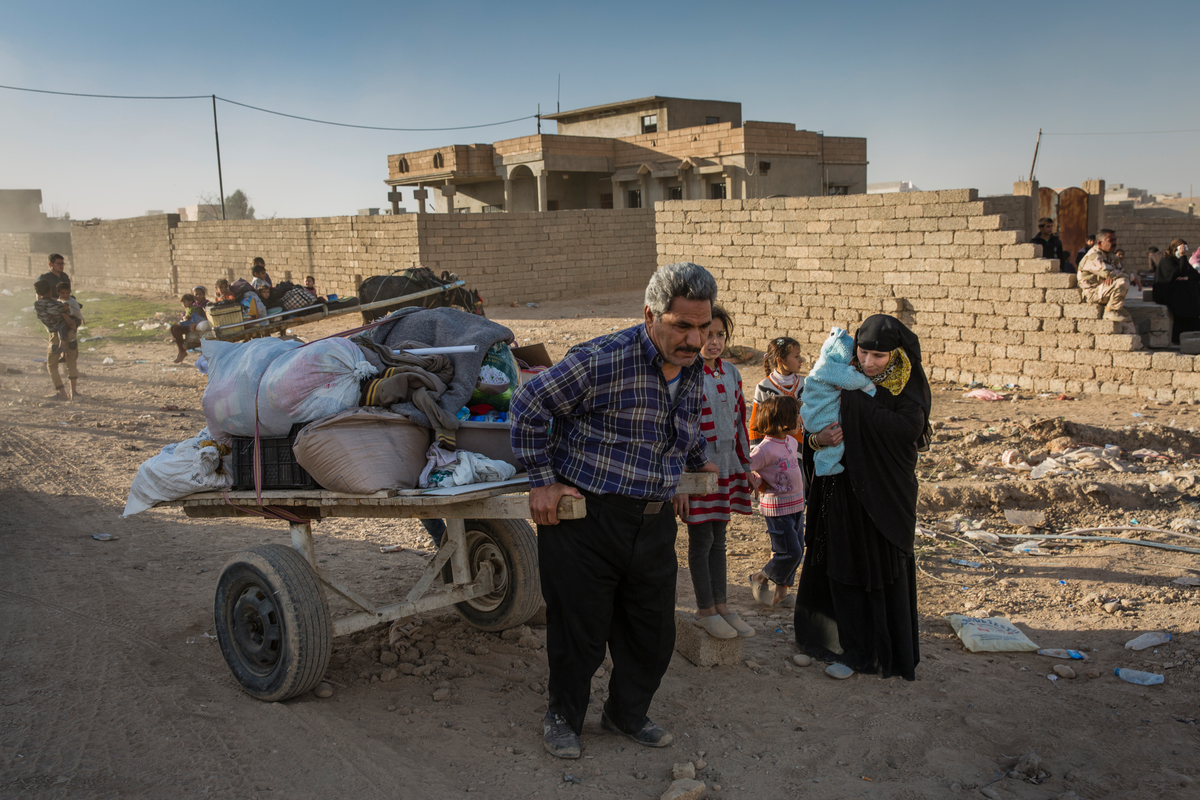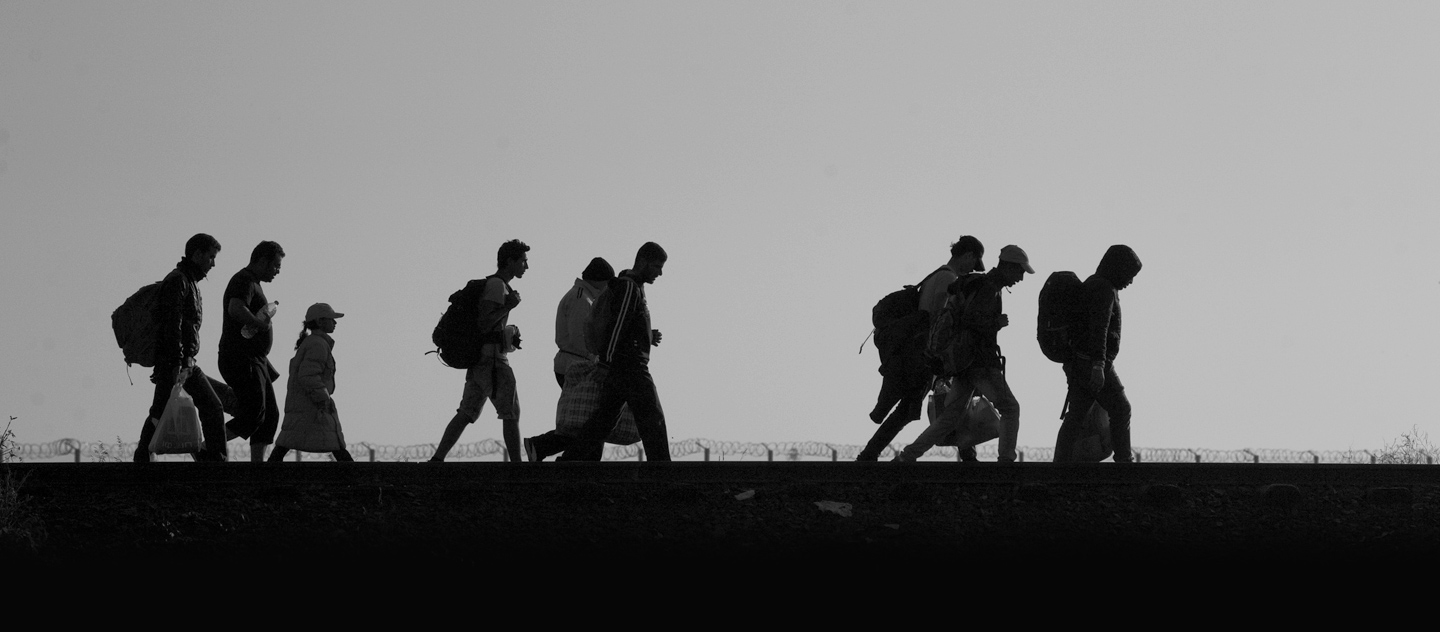Asylum applications drop in industrialised countries in first quarter of 2003, reports UNHCR
Asylum applications drop in industrialised countries in first quarter of 2003, reports UNHCR

GENEVA, May 27 (UNHCR) - Fewer people applied for asylum in industrialised countries in the first three months of this year, with the United Kingdom seeing the sharpest drop in absolute numbers, according to a new report by the UN refugee agency.
On Tuesday, UNHCR released a compilation of asylum application numbers in 29 industrialised countries - excluding Italy, whose statistics are not yet available - for the first quarter of 2003.
The report revealed that over this period, total asylum applications (121,700) dropped virtually across the board - by 16 percent compared to the last quarter of 2002, and by 14 percent compared to the same period last year.
Europe experienced the lowest quarterly applications (94,300) filed in at least three years - 19 percent less than the last quarter of 2002 - while the 14 European Union countries listed (excluding Italy) declined by over 17 percent. Central Europe saw an even bigger drop of 34 percent.
In absolute numbers, the United Kingdom saw the biggest decline in asylum applications, with almost 10,000 fewer people - a 32-percent drop - applying for asylum compared to the previous quarter.
The only countries showing major increases in percentage terms were ones receiving relatively small numbers of asylum seekers in the first place. Of these, Greece was the most significant, with 700 more asylum seekers in the first quarter of this year, compared to the last quarter of last year - a rise of 47 percent. The next highest was Japan with a 23-percent rise - but that actually translates into a mere 13 extra asylum seekers.
In terms of the nationality of asylum seekers, there was a decrease in almost all the major groups. Iraqis remained the top group - with nearly twice as many applicants as any other nationality - although there were 17 percent fewer Iraqi applications than during the previous quarter.
Next in the list were asylum seekers from Turkey, Serbia and Montenegro, China and the Russian Federation, although they too all showed an overall decrease. Claims from Afghans continued to decline sharply, dropping by one-third since the previous quarter. Last year, they had already plummeted by 51 percent compared to 2001. Afghans are now the eighth-largest nationality of asylum seekers, down from sixth place in the last quarter of 2002.
In contrast, large percentage increases in asylum claims were seen from nationals of Pakistan (up 79 percent), Côte d'Ivoire (up 41 percent) and Indonesia (up 214 percent). The rise in Pakistani claims mostly reflects the surge in claims filed in Canada at the US-Canada land border following the imposition of a now-ended registration requirement for Pakistanis, along with some other nationalities, in the United States. The phenomenon has since subsided. Most of the increased claims from nationals of Côte d'Ivoire were lodged in France while the vast majority of the increased claims from Indonesians were lodged in the US.
In Europe, only two of the top 40 nationalities showed an increase in percentage terms - asylum applications by nationals of Côte d'Ivoire rose by 34 percent and nationals of the Republic of the Congo by 1 percent. Two others - Nigerians and Pakistanis - remained steady, and the other 36 all decreased.



